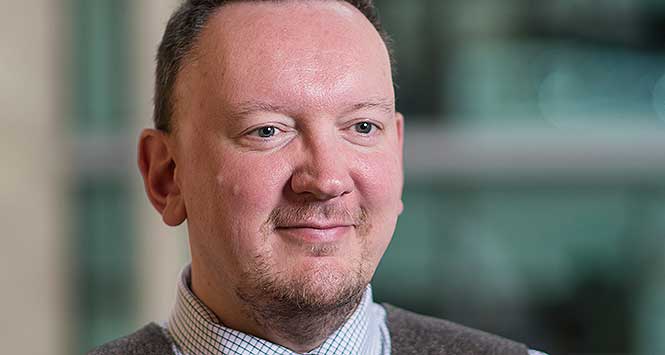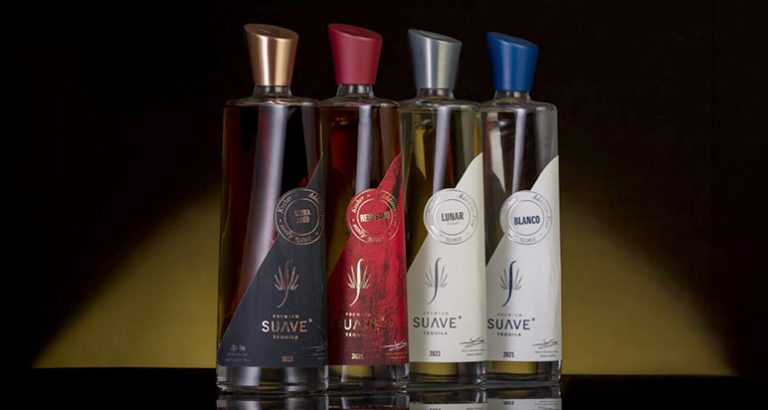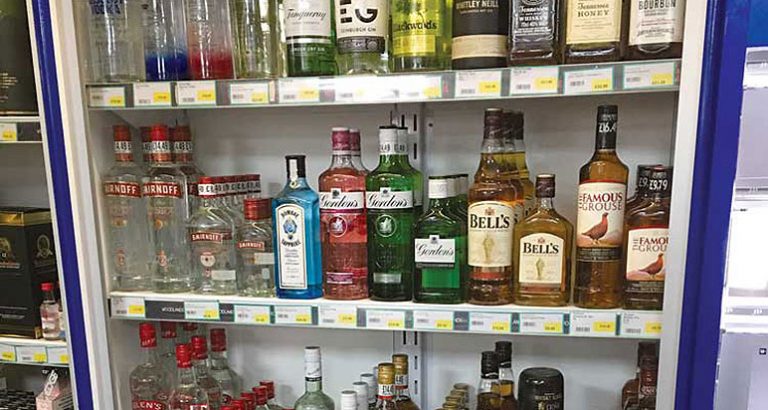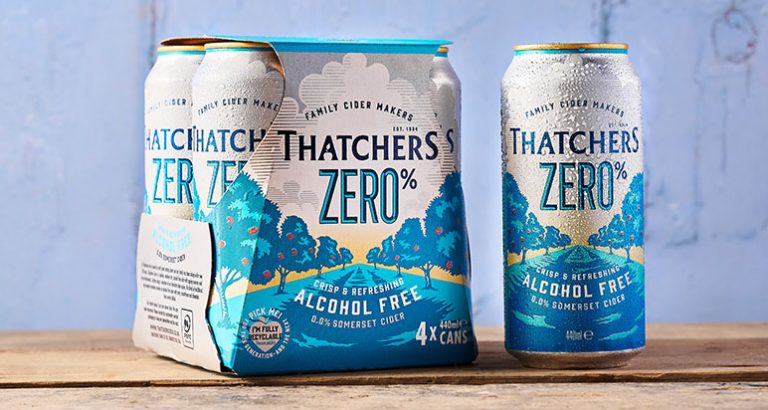Now halfway through its six-year pilot in Scotland, Minimum Unit Pricing should be allowed to run its course with no increase in unit price, argues TLT Partner Stephen McGowan.
Minimum pricing of alcohol (MUP) is halfway through its six-year pilot in Scotland, with the world waiting expectantly to see what this “grand experiment” will deliver. It is the first scheme of its kind and therefore an important trial of a system designed to address the impact of MUP on the nation’s health and the alcohol and associated industries.
Scotland is a meaningful place to run this pilot, but its findings will also likely help shape important policies in other jurisdictions, in addition to the longer-term regulation of alcohol in Scotland. This becomes even more important after the pandemic, which has had such a profound impact on individuals and retail, leisure, food and drink operators alike.
It took several years to reach the scheme we have. An important part of bringing it about was the European and in turn Scottish courts’ recognition that the Scottish Government had agreed to a so-called “grand experiment” and, as part of that, a “sunset clause”.
This legislative brake was critical to the courts’ acceptance of the scheme, because it meant that the policy was essentially under a live review process, and a decision on whether to reverse it would have to be actively considered by Parliament within a set period of time.
That set period is, in essence, a six-year pilot project – a live, real world study, under the Alcohol (Minimum Pricing) (Scotland) Act 2012 and attendant regulations. The actual unit price is 50p. It was on the basis of this 50p figure that all the modelling was done, all the political jostling occurred, and in turn it was on this figure that the courts approved the six-year experiment.
Legal requirement
The 2012 Act created a legal requirement for Parliament to produce and assess a report at the five-year mark, in order to inform the decision to “stick or twist”. That report will therefore have to be delivered to Parliament in 2023, with the decision to extend or abolish MUP made by 1 May 2024. The Scottish Government appointed NHS Health Scotland (now Public Health Scotland), and in turn the academics who had modelled the scheme, to draw up this report.
Crucially, this report is required by law to not just focus on the impact of MUP on alcohol health, but the impact of the scheme on licence holders and producers of alcohol. The work on this report has, as it turns out, been progressing as a series of “mini studies”, most of which are funded by the NHS or its corollary MESAS (the Monitoring and Evaluating Scotland’s Alcohol Strategy), with some studies funded separately through universities.
Inevitably, each study – of which there will be at least 27 – has triggered a flurry of arguments for and against the unit price from its supporters and detractors. Likewise, separate stories on alcohol health, sales and so on – be they from the ONS, WHO or anyone else – have led to calls from pressure groups, politicians and others on the matter.
The health aspects of this regulation are of course genuine and serious, and the official studies will bear much weight in the final analysis and conclusions. But agitating to change the rules of the experiment halfway through runs the risk of undermining it altogether, and we must remember the aforementioned conditions under which it was brought about in the first instance. There will no doubt be a long and learned debate about the efficacy of the scheme at the conclusion of the review.
There have been and will be ups and downs in the data across the life of the pilot project as a result of macro-influence: societal, environmental and economic factors. Not least of these is the pandemic, which, according to data issued by Public Health Scotland, has resulted in a 6% drop in alcohol consumption. Figures from the NHS, Drinkaware, HMRC and so on represent a relatively brief snapshot in time, and so the scheme must be allowed to play out within the parameters the courts and Parliament has agreed.
Minimum pricing in Scotland was a world first, and the world is watching. Calls for it to be tinkered with, calls for the MUP to be increased, calls for it to be abolished, should in my own view be put to one side: at least for now.
Stephen McGowan is a leading licensing solicitor and partner at UK law firm TLT LLP. He is the author of the forthcoming book ‘Alcohol Licensing Law in Scotland’, Edinburgh University Press, to be published in summer 2021.





